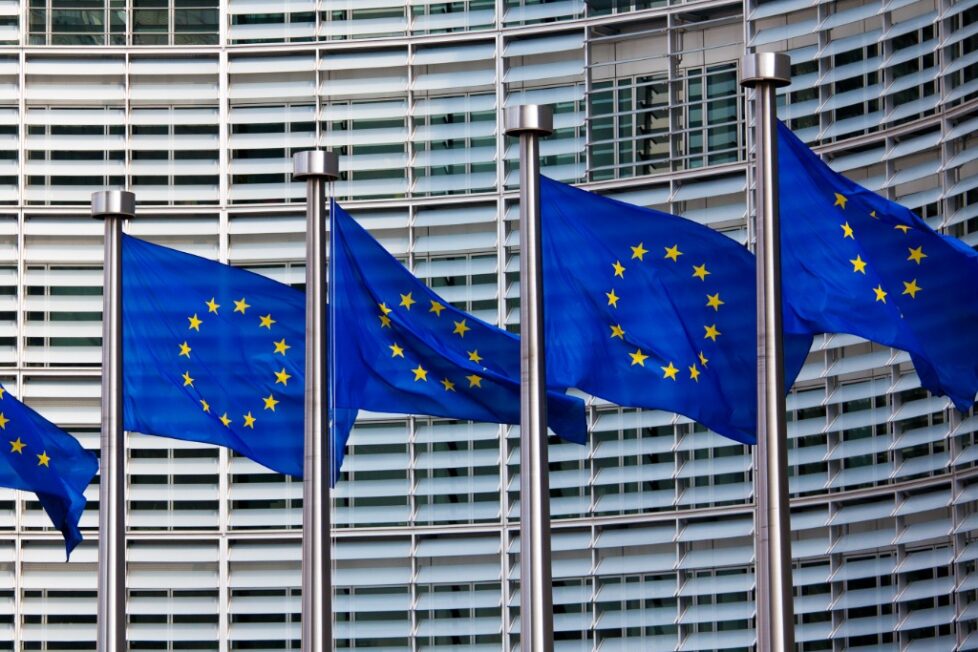EU Parliament Proposes Ban on Green Claims Based Solely on Carbon Offsetting

Lawmakers in the European Parliament voted 544-18 to approve the adoption new proposed rules requiring companies to substantiate and verify their environmentalEnvironmental criteria consider how a company performs as a steward of nature. More claims and labels, aimed at protecting consumers from greenwashing.
The new rules form Parliament’s negotiating position on the EU Commission’s proposed “Directive on Green Claims” released in March 2023. The Commission said that the new rules were meant to address a need for reliable and verifiable information for consumers, highlighted by its recent study that found that more than half of green claims by companies in the EU were vague or misleading, and 40% were completely unsubstantiated.
The Commission’s proposals set out minimum requirements for businesses to substantiate, communicate and verify their green claims. According to the proposals, companies will be required to ensure the reliability of their voluntary environmentalEnvironmental criteria consider how a company performs as a steward of nature. More claims, which will need to be independently verified and proven, while companies will be also be required to identify environmentalEnvironmental criteria consider how a company performs as a steward of nature. More impacts relevant to their products, and to identify any possible trade-offs.
One of the new requirements proposed by the EU Parliament is to include in the rules a prohibition on green claims such as “carbon or climate neutrality” that are based solely on carbon offsetting schemes.
Parliament’s position also adds a requirement for such claims to be supported by quantified and science-based targets, and to include “a detailed and realistic implementation plan to achieve this future environmentalEnvironmental criteria consider how a company performs as a steward of nature. More performance,” backed by concrete targets, a budget, and resource allocation.
The Commission’s proposal also includes a ban on generic claims such as ‘environmentally friendly,’ ‘carbon neutral,’ and ‘green,’ among others, without providing detailed evidence. Parliament’s amendments add several items to the list of generic claims, including ‘natural,’ ‘animal-friendly,’ ‘cruelty-free,’ ‘sustainable,’ ‘deforestation-free,’ ‘plastic neutral,’ and ‘plastic-free.’
The proposed regulation also includes rules to ban product design features that promote early obsolescence “deliberately planning or designing a product with a limited useful life so that it prematurely becomes obsolete or non-functional after a certain period of time,” as well as prohibiting claims that goods have certain durability when they do not, or presenting products as repairable when repair is not possible. Parliament added a requirement to inform the consumer of repair restrictions.
The vote in Parliament follows the adoption earlier this month by the EU Council of its own negotiating position on the new directive. With both positions adopted, negotiations on the new rules can begin soon, according to the statement by the EU Parliament.
MEP and rapporteur Biljana Borzan said:
“The industry will no longer profit from making consumer goods that break just as the guarantee period is over. Consumers will have to be provided with information about the options and cost of repairs in a clear manner. Product labels will inform citizens which goods are guaranteed to last longer and producers whose goods are more durable will profit. The jungle of false environmentalEnvironmental criteria consider how a company performs as a steward of nature. More claims will end as only certified and substantiated ecological claims will be permitted.”
The post EU Parliament Proposes Ban on Green Claims Based Solely on Carbon Offsetting appeared first on ESG Today.